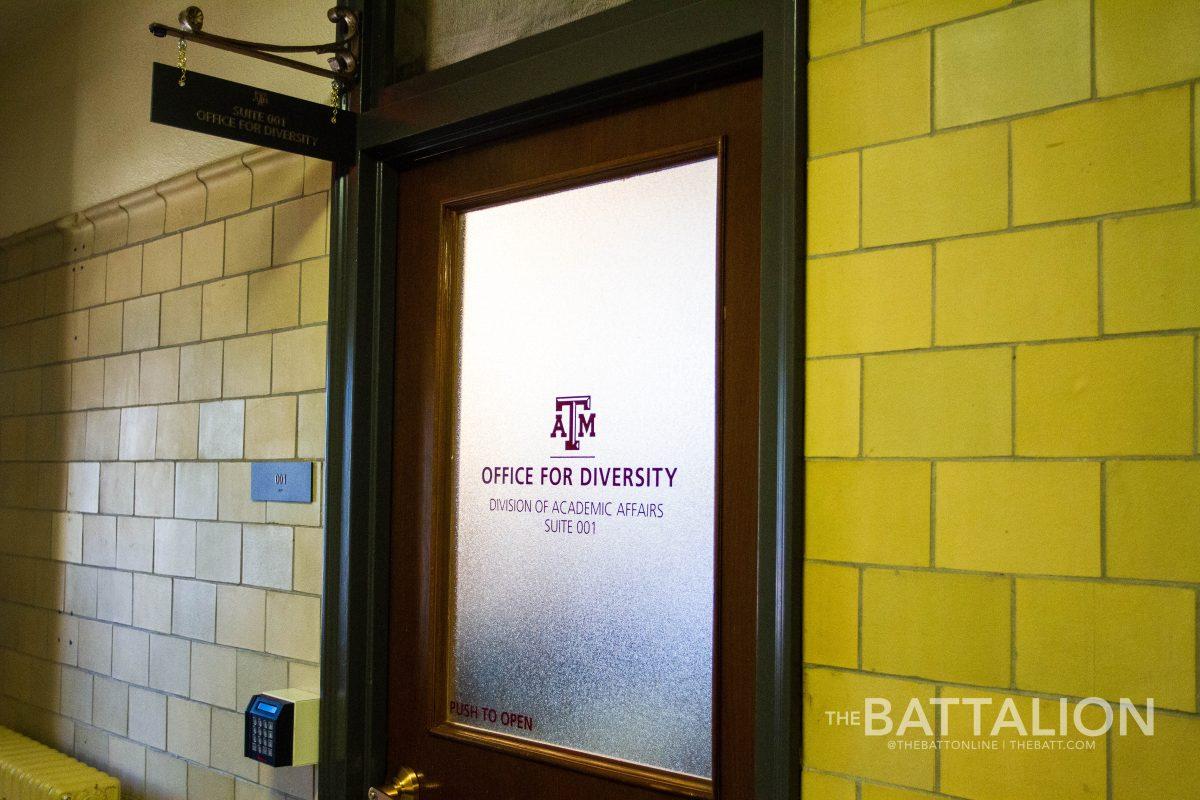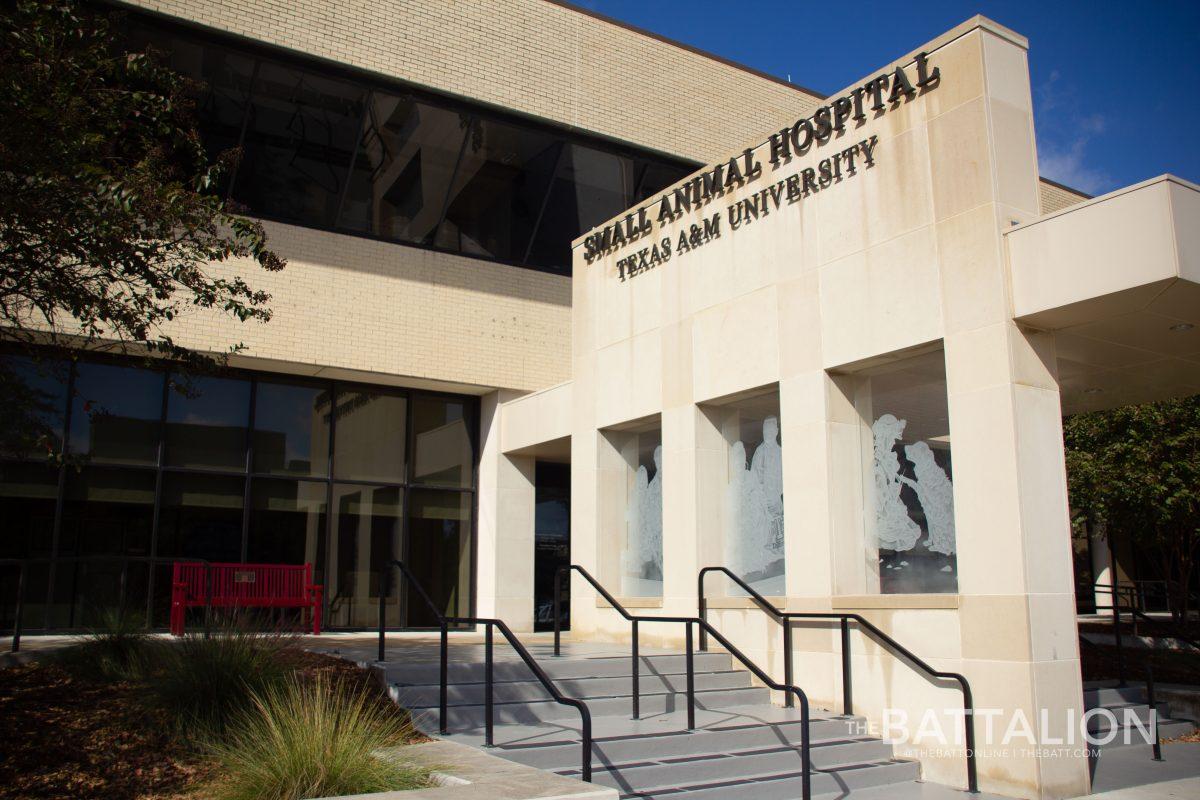Texas A&M received national recognition for its growing efforts to improve diversity and inclusion on campus.
A&M is one of 94 recipients of the 2019 Higher Education Excellence in Diversity (HEED) Award, according to the INSIGHT Into Diversity website. The College of Veterinary Medicine was also awarded the 2019 Health Services HEED award, receiving the honor for the third consecutive time. The diversity magazine looks at national colleges and universities’ commitment to diversity and inclusion through an application that collects the institution’s data on programs, initiatives, and student and faculty recruitment and outreach.
The undergraduate and graduate student employees in the Office for Diversity are the ambassadors and representatives for the campus community, A&M Director for Assessment and Diversity Initiatives Jennifer McGee Reyes said.
“The mission for the Office for Diversity is to implement and coordinate Texas A&M’s diversity plan,” Reyes said. “We provide leadership and support to the academic and administrative units, as they really do the meaningful work that happens in everybody’s classes, organizations and departments.”
A&M and the Office for Diversity understands diversity and inclusion are embedded in academic and institutional excellence, Reyes said.
“We take very seriously our work about advancing accountability, campus climate and equity while we resist racism, bias and discrimination,” Reyes said.
Of the student body, two percent are veterans, four percent have registered for disability services, five percent are transfer students, 20 percent are first-generation students and 21 percent receive Federal Pell Grants, Reyes said.
The Office for Diversity is a leader in data transparency and their website accountabilty.tamu.edu tracks past and current demographics of students and faculty, Reyes said.
However, the HEED award application is so in-depth that a college or university may not answer all of the questions, said Kenita Rogers, the executive associate dean and director for diversity & inclusion in the College of Veterinary Medicine.
“We work from the process a little bit on, ‘Gosh! We didn’t think about that, maybe that is something we should be collecting data on that we weren’t collecting data on before,’ and things like that,” Rogers said.
A&M has programs within its colleges to recruit students from two-year institutions, and historically black colleges and Hispanic-serving institutions are included in recruitment, Rogers said.
“I think things that are highlights for us is clearly they care a lot about students in this,” Rogers said. “We talk a lot about how we recruit students and the memorandum of agreements we have with four system schools to come into the veterinary curriculum.”
Another factor in campus culture is the promotion of faculty and staff growth, said Rogers.
“One of the programs we’ve had since about 2014 is that we’ve trained in a 40-hour mediation a public management leadership course,” Rogers said. “Almost 200 faculty and staff in our college have a common conflict language.”
While the College of Veterinary Medicine has won the HEED award three years in a row, A&M winning the 2019 HEED Award shows the growth on campus overtime, Rogers said.
A&M named diversity champion
January 28, 2020
Photo by Photo by Kaylee Cogbill
Texas A&M is one of the recipients of the Higher Education Excellence in Diversity (HEED) award for 2019.
0
Donate to The Battalion
$2790
$5000
Contributed
Our Goal
Your donation will support the student journalists of Texas A&M University - College Station. Your contribution will allow us to purchase equipment and cover our annual website hosting costs, in addition to paying freelance staffers for their work, travel costs for coverage and more!
More to Discover










